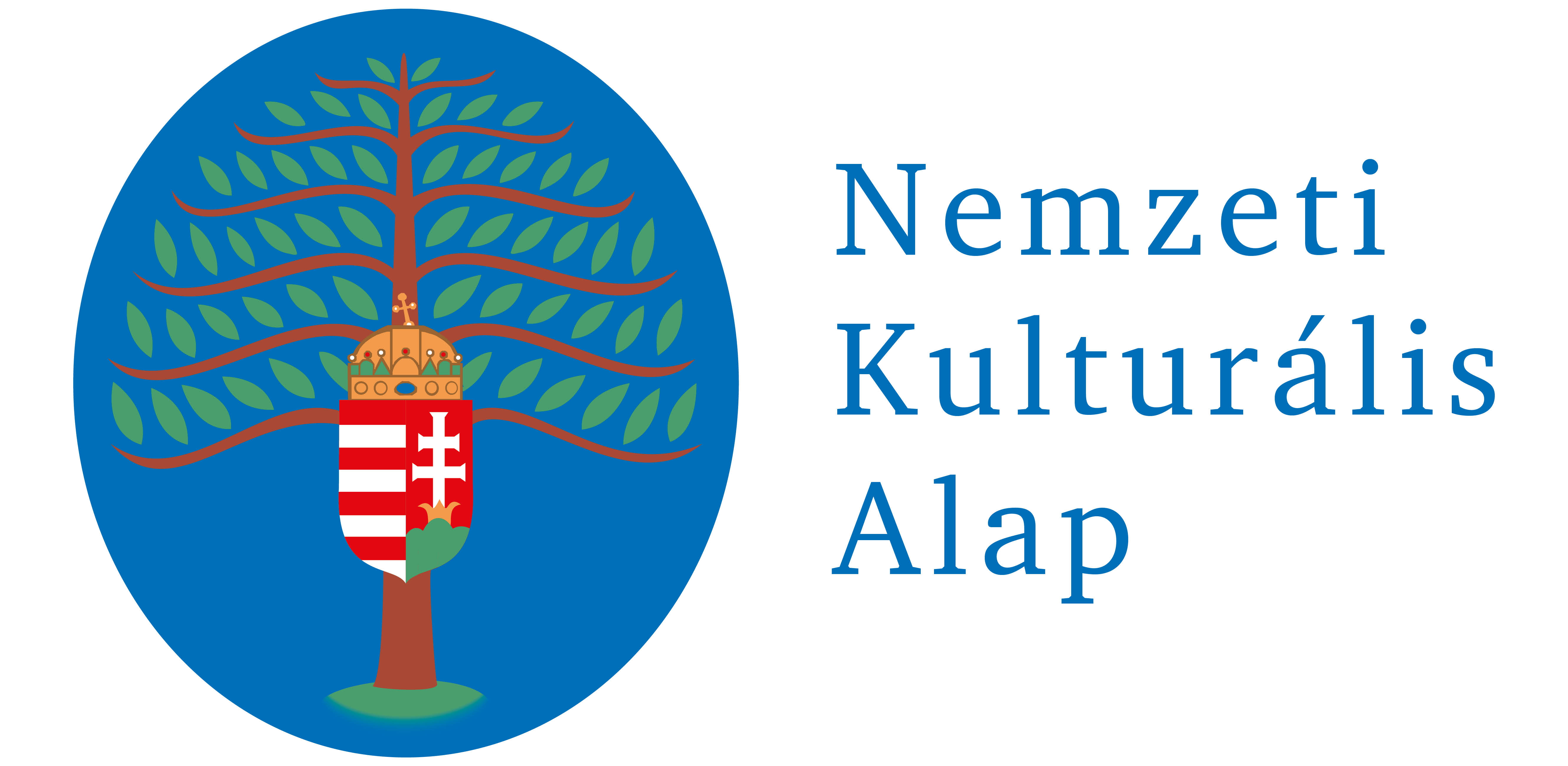Naptár
2024. április 15–19.
2024. április 20.
Eötvös József Kárpát-medencei középiskolai szónokverseny
2024. április 24. – május 3.
Tovább...
1. 2012.
Abstracts in English
Studies
Vass, Vilmos
Creative school
Creativity has always been an interesting topic for educational researchers, head teachers, and practising teachers. Creatology has become a solid discipline in the last decades and its scientific findings are remarkable. Research on creativity, developing creativity, and all related innovations are now in the spotlight both at international and national levels. In this study we attempt to interpret the notions creativity, creative child, and creative school. Besides the creativity of the individual, we mainly focus on recent organizational operations and organizational culture at school. We hypothesize that individual creation, may it come from the most creative student or teacher, does not lead to a substantive change at traditional schools. We argue that in order to increase the creative capacity of students and their teachers, serious organizational changes are needed; and for changing the organizational culture, creative schools are necessary.
Molitorisz, Anikó
Textbook reading strategies of 12–18-year-old students
The purpose of the present study is to investigate grade 6, 8, 10 and 12 students’ answers on Mokhtari and Reichard’s Metacognitive Awareness of Reading Strategies Inventory (MARSI) on self-reported strategy use and connect their responses to reading-related background variables. While there is still no consensus on a universally usable assessment tool of general metacognitive strategies, the importance of measuring content-specific metacognitive strategies have been emphasized in the literature. The sample consisted of 254 pupils in grades 6, 8, 10 and 12. Three hypotheses were tested: (1) The Hungarian adaptation of MARSI proved to be of acceptable reliability. (2) Sixth graders reported more frequent use of reading strategies than pupils in the higher grades. (3) Our results revealed relations between self-reported strategy use and gender, grade, self-reported reading ability and other background variables like reading attitude.
Egerszegi, Anna
Etymologization in kindergarten children’s language use
There is serious mental effort behind the diversity of child language production. In the development of such products, appropriate biological factors, speech development, the development of linguistic consciousness, and social environment surrounding the children all play an essential role. This study investigates the phenomenon of child etymology among children in the kindergarten. It also introduces a survey carried out among 3-6 year old children in the kindergarten. The survey method used in the study enables us to directly investigate the linguistic products of children, with special attention to the phenomenon of etymologization. The playfulness of the questionnaire, easily helps the children to relax and be ready to collaborate. The findings reflect the level of the linguistic consciousness in various age groups, and within this the examples of the diverse realizations of child etymologization.
Workshop
Szabó G., Ferenc
Score model at primary school
The ‘score model’ has been developed in the monography A magyar nyelv szövegtana (Text linguistics for Hungarian) by Tolcsvai Nagy Gábor (2001). In this book text is studied within a functional-cognitive framework and score is a method that explores the interrelations among the most important text components. The investigation of the elements of score, which also reflects the textual world, offers new opportunities for language teaching methodology too. Most of these methodological innovations can be applied already at primary school. This does not necessary suggest / in-depth analyses, the teacher however could simply shape the students’ text perspective according to the maxim of “what and how it is possible”. To illustrate this the author presents the comparative analysis of an everyday conversation, an occasional speech, and a poem. Finally, the analysis of the poem “Nem tudhatom” by Miklós Radnóti will be given where the levels of textual meaning are highlighted.
Szilassy, Eszter
Writing strategies and strategies for composition correction














